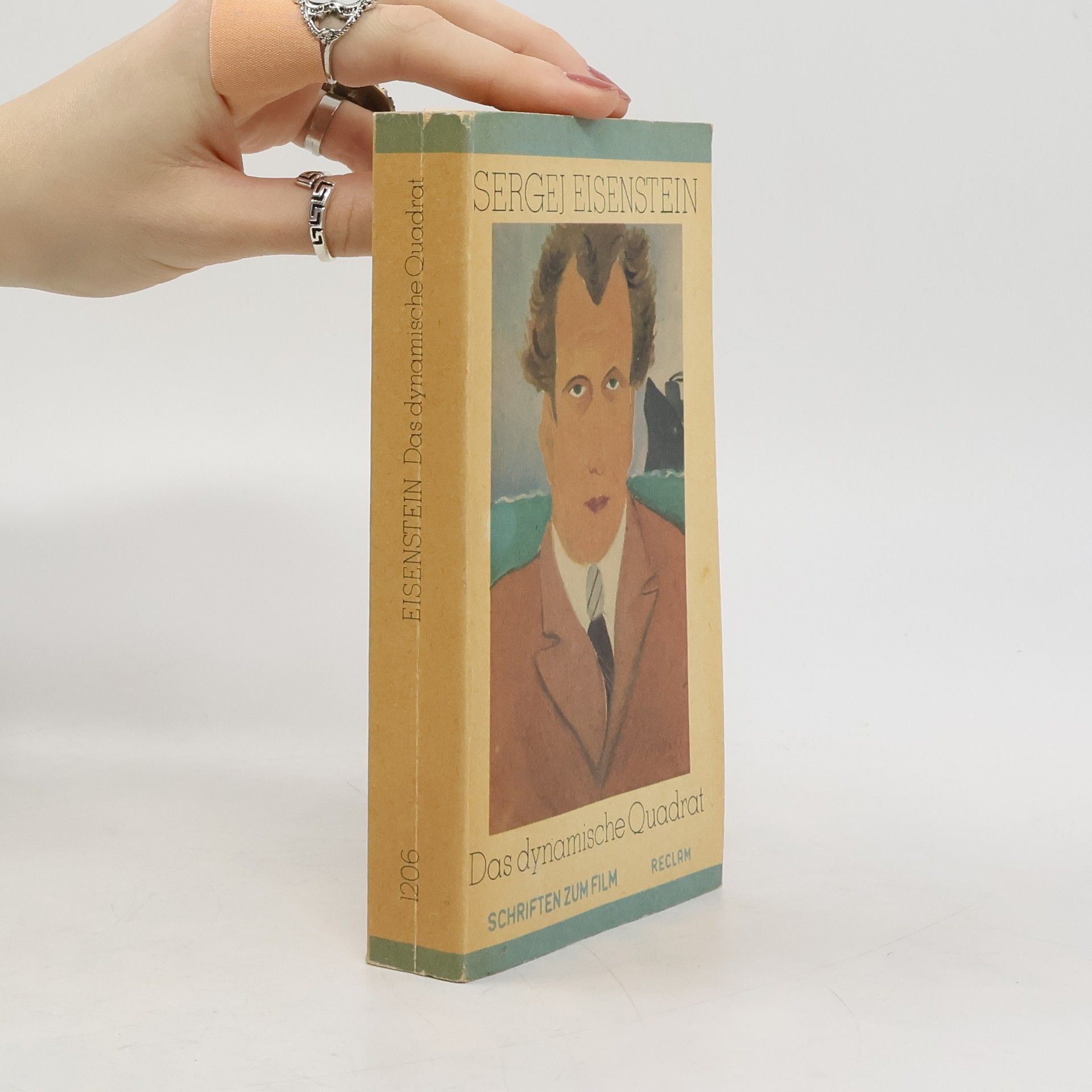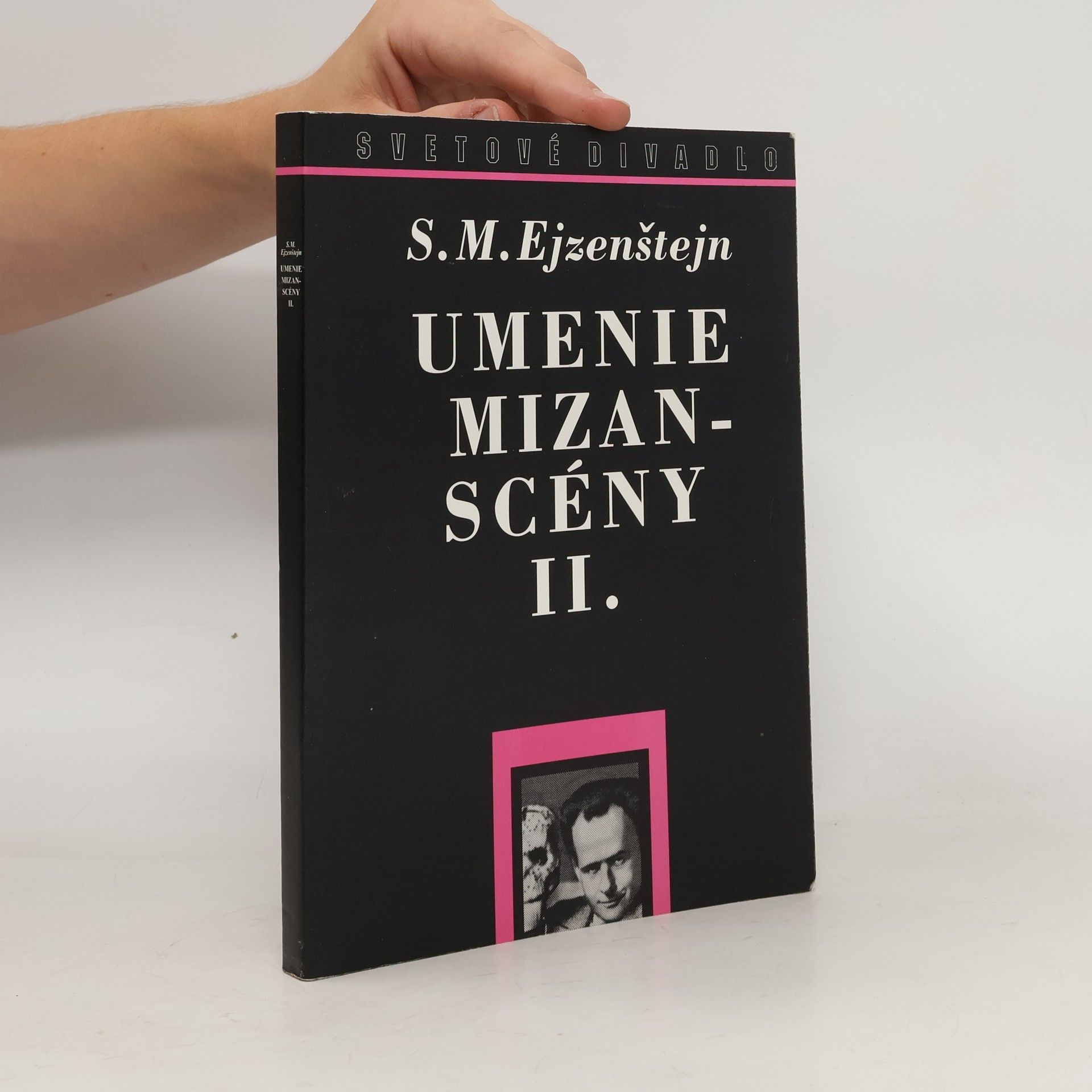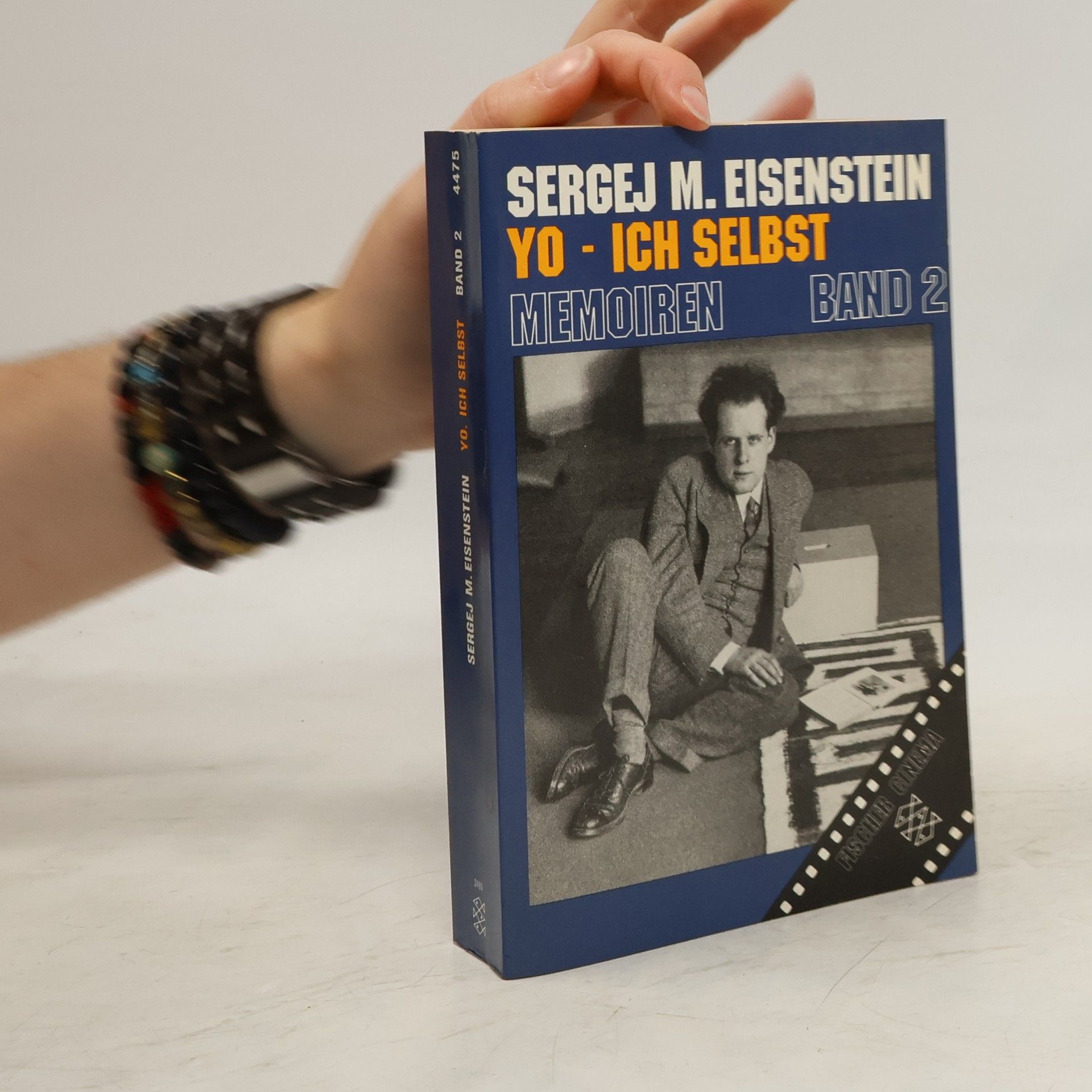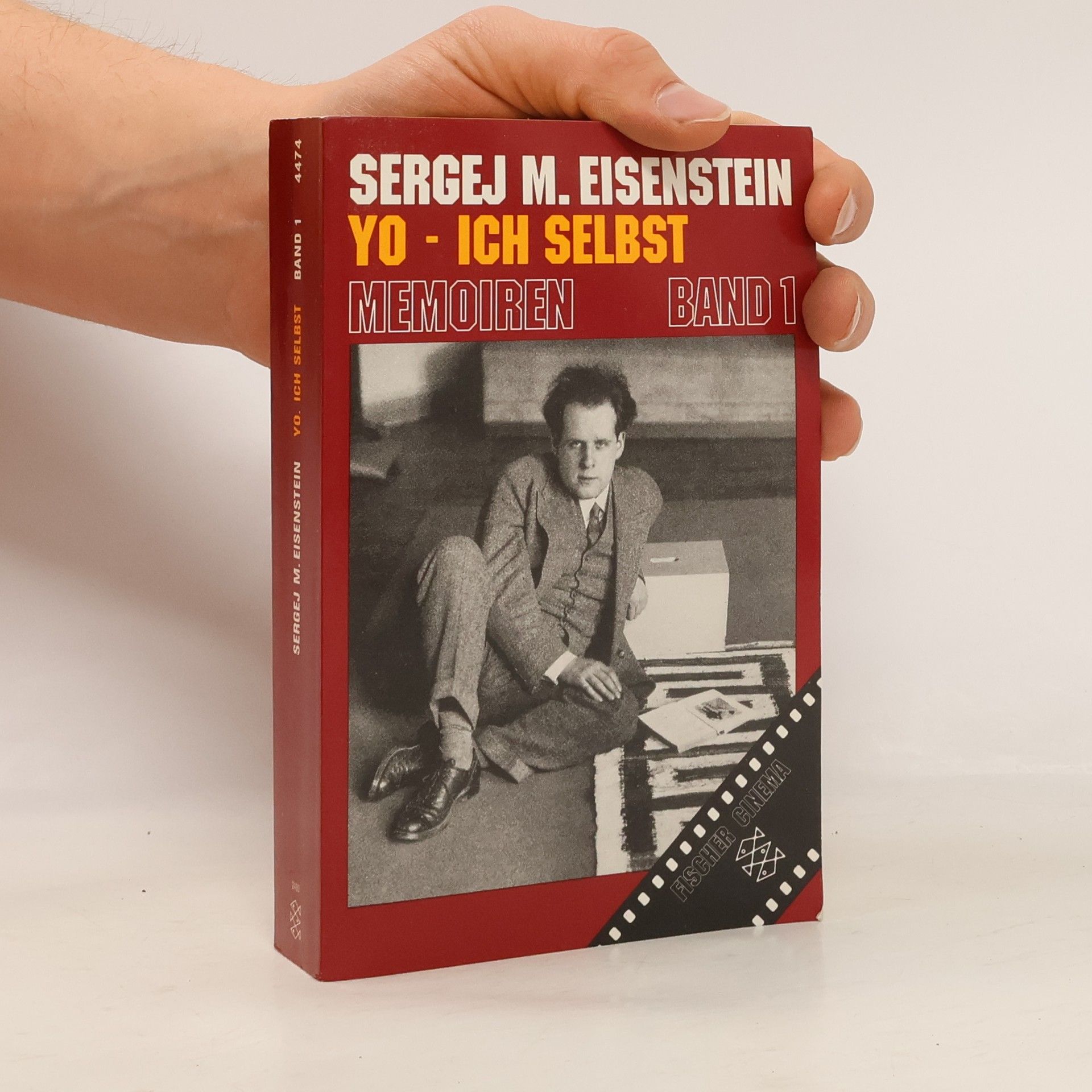Book documents from the definitive Russian texts the complex course of Sergei Eisenstein's writings during the revolutionary years in the Soviet Union. It presents Eisenstein the innovative aesthetic thinker, socialist artist and humourist, passionately engaged in the debates over the art forms of the future.
Sergej M. Eisenstein Livres
Sergueï Eisenstein fut un réalisateur et théoricien du cinéma soviétique, pionnier dans la théorie et la pratique du montage. Il a exploré comment le montage pouvait dépasser la simple narration de scènes, créant de nouveaux sens par le lien d'images distinctes. Eisenstein développa cinq méthodes de montage — métrique, rythmique, tonale, suremotionnelle et intellectuelle — qu'il détailla méticuleusement dans ses écrits. Son approche novatrice et ses contributions théoriques ont laissé une empreinte indélébile sur les cinéastes et le langage cinématographique.







Film Form
- 304pages
- 11 heures de lecture
From Sergei Eisenstein, a legendary pioneer in filmmaking and director of Battleship Potemkin, Film Form collects twelve essays written between 1928 and 1945 that demonstrate key points in the development of his film theory and in particular his analysis of the sound-film medium."By turns savagely polemical and whimsically humorous...Eisenstein's last book, like all his writings, is on fire with imagination...Jay Leyda, well-known authority on Eisenstein's work, has done an excellently thorough job of editing and translating."— Saturday Review
Mise En Jeu and Mise En Geste
- 92pages
- 4 heures de lecture
Focusing on the concept of mise en scène, the essay explores how to unify various staging elements into a coherent narrative. Eisenstein distinguishes between mise en jeu, mise en geste, and mise en cadre, emphasizing the importance of conveying deeper meanings through concrete actions, gestures, and shot composition. Although unfinished at his death, this work has been reconstructed for its first English publication, offering insights into Eisenstein's vision of film as a structured art form that balances rhythm and clarity against the pitfalls of formlessness.
Umenie mizanscény II.
- 261pages
- 10 heures de lecture
Útok na Zimný palác... zbesilý pád detského kočíka na schodoch... zábery, ktoré preslávili ich tvorcu, legendárneho režiséra Sergeja Ejzenštejna. Menej známe u nás sú jeho eseje o divadle, ktoré odkrývajú originálne myslenie veľkého umelca. Jeho Umenie mizanscény II. pozostáva z dvoch častí. Prvá je pokračovaním divadelných úvah prvého zväzku a obsahuje najmä rozbory konkrétnych divadelných textov. Druhá časť sa venuje filmu a rieši predovšetkým teoretické otázky montáže. Publikácia je preto veľmi žiadaná aj filmármi a odborníkmi z oblasti filmu. Prvý diel publikácie sa vypredal v rekordnom čase a druhý patrí takisto k bestsellerom.
Einleitung von Jutkewitsch, herausgegeben von Klejman und Korschunowa, mit zahlreichen, teilweise farbigen Abbildungen.
Yo, ich selbst
Memoiren - Band 1



